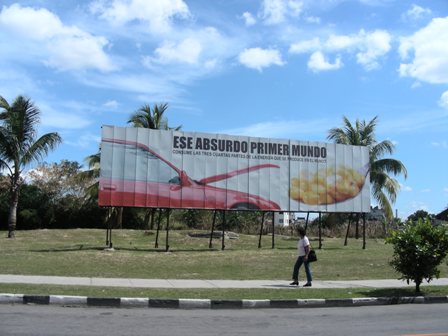Yes, the below analysis has also been the Fed’s position, up until this week’s speeches.
It’s been about a crude/food/$ negative supply shock, supported by Saudis/Russians acting as swing producer and biofuels linking crude prices to food prices.
The fed has called the price hikes relative value stories that they don’t want turning into an inflation story. They feel they have room to cut rates as long as expectations stay well anchored, which includes wage demands but other things as well.
Yellen the dove, along with the hawks, now saying inflation expectations are showing signs of elevating, and saying energy costs are being passed through to core inflation is a departure from previous Fed rhetoric and may signal they are at or near their limits regarding ff cuts (data dependent, of course).
Also, Bernanke pushing Congress and the President to add to the deficit could also be a sign he is reaching his inflation tolerance regarding lowering the FF rate. The mainstream belief is that inflation is a function of monetary policy, not fiscal policy.
Now with the ECB perhaps throwing in the towel on inflation as well, look at how the commodities are responding. ‘Cost push inflation’ is ripping, and the perception is the CB’s around the world will act to sustain demand, including pushing for larger fiscal deficits.
Difficult to explain why so many have stagflation on the brain It is difficult to explain why so many folks still have stagflation or inflation on the brain just because wheat prices have soared to new highs. We have to distinguish between relative and absolute pricing. Not only that, but unlike the 1970s, the current ‘inflation’ backdrop is much more narrowly confined. The key is the labor market. And here we have a 4-quarter growth rate in unit labor costs of a mere 1% in 4Q (a three-year low), which compares to 4% heading into the 2001 downturn. In other words, as far as the labor market is concerned, inflation is less of a threat to the economy than it was at this same stage of the cycle seven years ago. In fact, heading into the 1990 recession, the trend in ULC was also 4% – the Fed sliced the funds rate from almost 10% to 3% that cycle, for crying out loud. In fact, scouring more than 50 years’ worth of data, at no time in the past has the year-to-year trend in unit labor costs been as low as it is today heading into an official recession. Make no mistake, deflation is going to emerge as the next major macro theme.
♥

